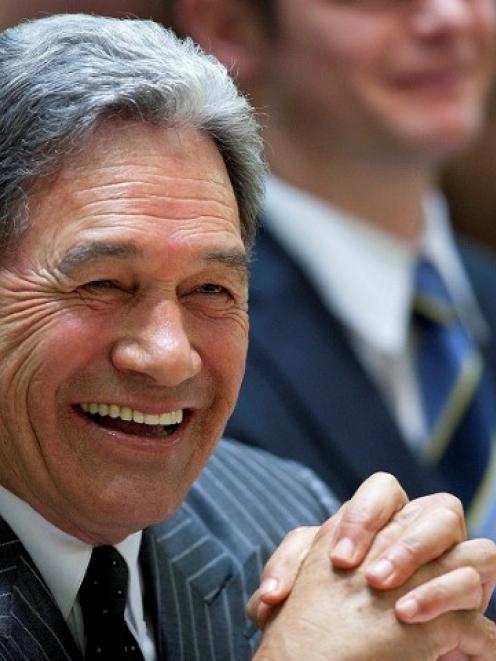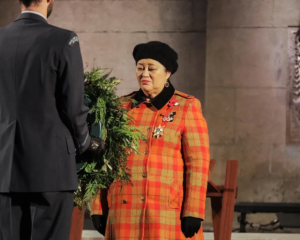
Mr Peters also questioned the refugee status of Kadhem Chilab Abbas, from Napier, who died at the hands of Islamic State (Isis) forces on April 17 while fighting for a civilian army.
Mr Abbas left behind 24 children, 12 of them in New Zealand.
Mr Peters told reporters at Parliament this afternoon that the Iraqi-New Zealander was one out of tens of thousands of immigrants who had failed to respect New Zealand's "way of life" after settling here.
"He came here, he's got 24 children. I don't care if six are adopted or not, but who's looking after them all now in this country?
"How could he have been a genuine refugee if he was able to go back to the Middle East on countless occasions after he came here? If he escaped a danger zone why did he go back to it?"
The New Zealand First leader defended his attacks at a time that the family was mourning.
"I want to know what on earth was he doing here," he said, also asking whether Mr Abbas had been working in a fulltime job.
"All I can see is a massive cost to the New Zealand taxpayer and I want to know why on earth was this fair?"
Mr Abbas' family said last week that they secured refugee status in New Zealand after three years in exile, which was spent in Iran, Indonesia and Malaysia.
His daughter Hanan Kadhem Chilab, a registered nurse, said some of the 24 children were fostered from other families after their parents had died.
Mr Abbas had been prevented from working because of leg injury sustained when he was shot in Iraq in 1992, but he had previously done some seasonal fruit-picking work.
Despite his injury, he had returned to Iraq in June because he was appalled by the violence against women and children in northern Iraq.
Mr Peters made the comments while discussing New Zealand's trade talks with Saudi Arabia.
"There are cultures that are coming into this country not paying nearly enough respect to our flag, our laws, our way of life and our belief in freedom of religion," he said.
"If the free trade agreement does not specify that that is what is expected of them, then it will fall far short on its social impact of advancement for our country."
Mr Peters also criticised foreign students for taking jobs while studying in New Zealand, and blamed New Zealand's housing shortage on foreign speculators.
- Isaac Davison of the New Zealand Herald












